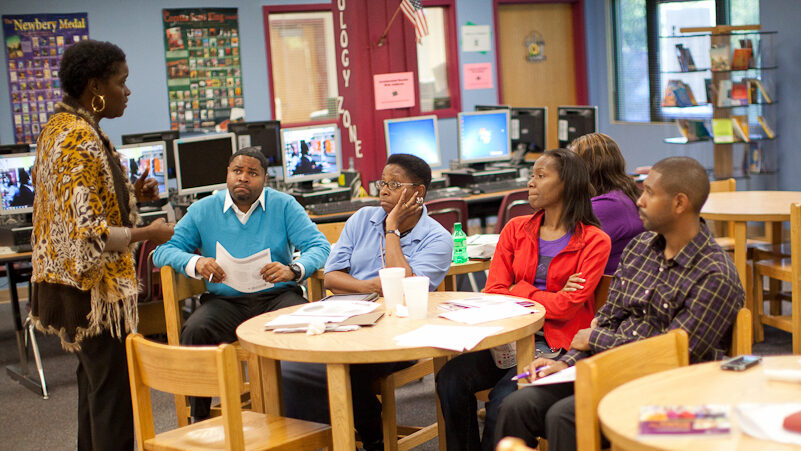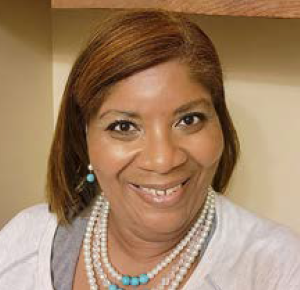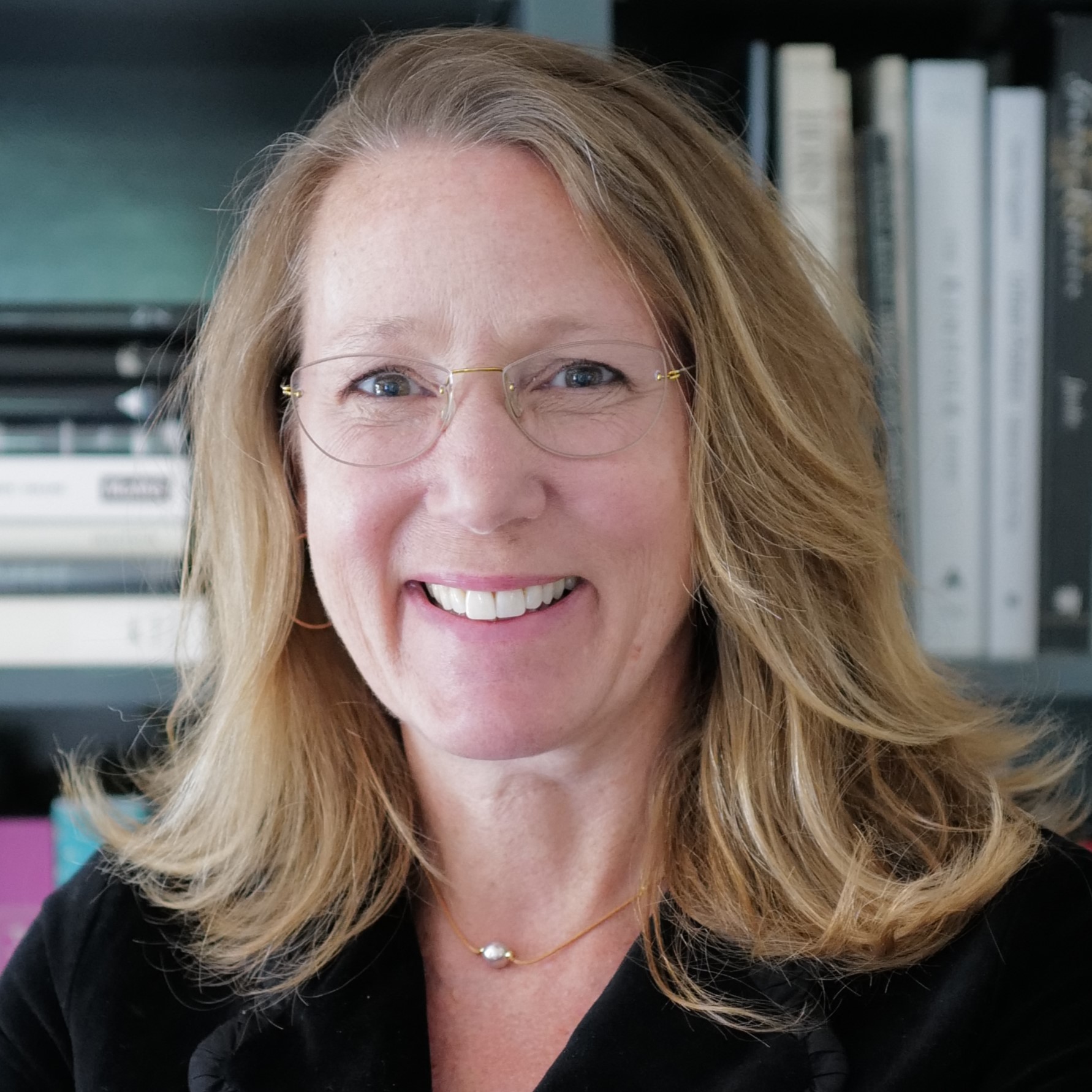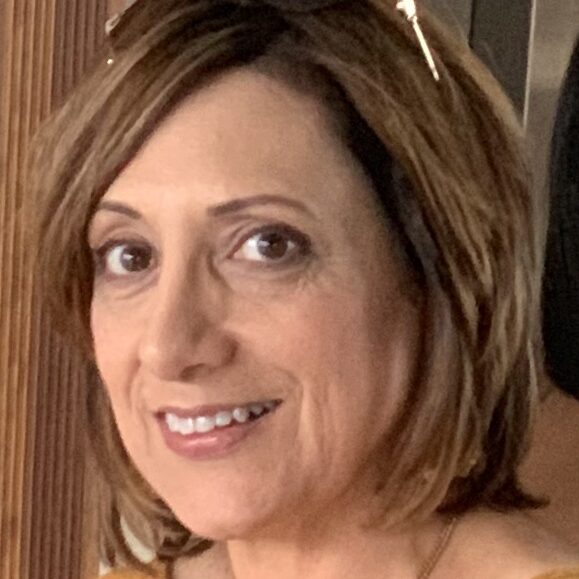
12:30 - 02:00 pm
Reading Universe: Scaling Teacher PD for Student Success

The ecosystem for literacy support is growing in a good way. There’s much more available than when Barksdale [Reading Institute] began its work. What makes Reading Universe distinct though is that it is FREE and also that it is a comprehensive scope and sequence for how to teach teachers to teach reading.– Kelly Butler, ReadingUniverse.org and formerly with Barksdale Reading Institute (BRI)
In this Funder-to-Funder Conversation, Kelly Butler of ReadingUniverse.org shared the above statement as she introduced the robust online resource that she is producing with WETA to enhance the capacity of educators nationwide to teach reading. Because she and the other funders who are investing in the build out of Reading Universe are committed to ensuring that the resource will be available to all teachers, schools and districts at no cost, they are seeking philanthropic support to expand it from the K–2 pilot that is available today to serve teachers in PreK–6.
Jane Park of Google Kids & Families moderated the conversation. She engaged the leaders behind the development of Reading Universe, Butler and Tami Mount, M.Ed., of WETA, as well as its early philanthropic investors, Michelle Knapik of the Emily Hall Tremaine Foundation and Marla Ucelli-Kashyap of AFT. The conversation also included Erika Bryant, a first grade teacher at Pecan Park Elementary School in Jackson, Mississippi, who has used Reading Universe to enhance her own teaching as well as the teaching of the educators she is mentoring.
Ucelli-Kashyap began by sharing what AFT has heard from its member teachers in terms of an interest and hunger for just-in-time resources that could help them better support student learning.
It became clear that way too many teachers are using low leverage practices or required programs that just don’t meet their students’ needs. They want to be prepared and effective, but they need support. Saying ‘Just Do It’ might work great in a Nike commercial, but in a classroom not so much. – Marla Ucelli-Kashyap, AFT
Butler shared highlights from how BRI drew on the National Reading Panel research in 2000 to embed evidence-based practices across the educational pipeline. Beginning with pilot efforts in targeted Mississippi schools, BRI was able to demonstrate progress spurring state leaders to scale the approach statewide. These efforts helped Mississippi advance from 49th among states on NAEP scores in 2003 to 21st in 2022. That success prompted BRI to begin moving the teacher training resources used in Mississippi online so that teachers across the country could access it.
Many have referred to what happened in Mississippi as the ‘Mississippi Miracle’ but I like to think of it as a marathon. I encourage other states and philanthropists to consider that the R&D has been done and paid for by Mississippi, including what is required for effective implementation. So, take what we’ve learned, skip the marathon and use Reading Universe to get to the work on the ground. We know how to teach reading. We just need to do it everywhere – Kelly Butler, ReadingUniverse.org
Mount walked attendees through the Reading Universe site, explaining how it functions as a bridge between the research and a teacher’s instructional practice. She pointed to the 10 maxims that Reid Lyon, Ph.D., outlined to summarize five decades of research on reading development by neuroscientists, psychologists, linguists, speech pathologists, educators and other experts. Mount also navigated through the Reading Universe Taxonomy, noting that it presents the essential reading skills, shows how they are connected and lays the groundwork for teaching all students how to read and write through accessible, bite-sized pieces, demonstrated through videos of real teachers in real classrooms.
We bring to Reading Universe the values of PBS Media that is responsible, authoritative and accessible to a general audience…. We try to excel not just in the authority of what we write, but also in our production values. We shoot video at PBS standards – and there is a lot of video on the site – and we write text in clear colloquial English without a lot of jargon. Reading Universe is designed to be accessible to a general audience with the goal of attracting the biggest possible audience so we can have the biggest possible impact – Tami Mount, WETA
Bryant shared how she had benefited from the Reading Universe resources when she was a novice teacher and BRI was first piloting the resources. She continues to use it as a resource to hone her teaching skills, identifying research-based practices to meet the needs of a wide range of students. She also uses Reading Universe as she provides coaching and mentorship to new teachers, pointing them to videos and skill-explainers that can enhance their instructional practices.
What Reading Universe offers us as educators is the opportunity to have a hands-on tool to turn to. It’s very detailed in the way it’s set up so we’re able to quickly pinpoint the skills that we are looking for….I can pull it up during my break time or planning time to help me build my own lesson plans. It is such a benefit for us as educators to have the support there at our fingertips – Erika Bryant, Pecan Park Elementary School
After the deep dive into the history and potential of Reading Universe, Butler, Knapik and Ucelli-Kashyap engaged in conversation about the importance of philanthropy investing in Reading Universe to ensure that all teachers have free access to these supports across the planned PreK–6 scope.
If you’re a national funder, if you’re a place-based funder, if you’re a niche funder like Tremaine…if you have anything to do with education, you can find an entry point into the value proposition behind Reading Universe. We’re a niche funder, a 35-year old family foundation working in the space of learning differences….As neuroscience gets better, as the science of reading gets better, we know that it is like oxygen for these kids — for anyone with learning differences in a classroom — to have structured literacy as a part of what’s happening in the system. It is actually a collective trauma, generation after generation that we are not intervening with the science of reading for kids with learning differences. We really want to change that – Michelle Knapik, Emily Hall Tremaine Foundation


 All Events
All Events





